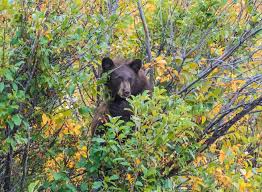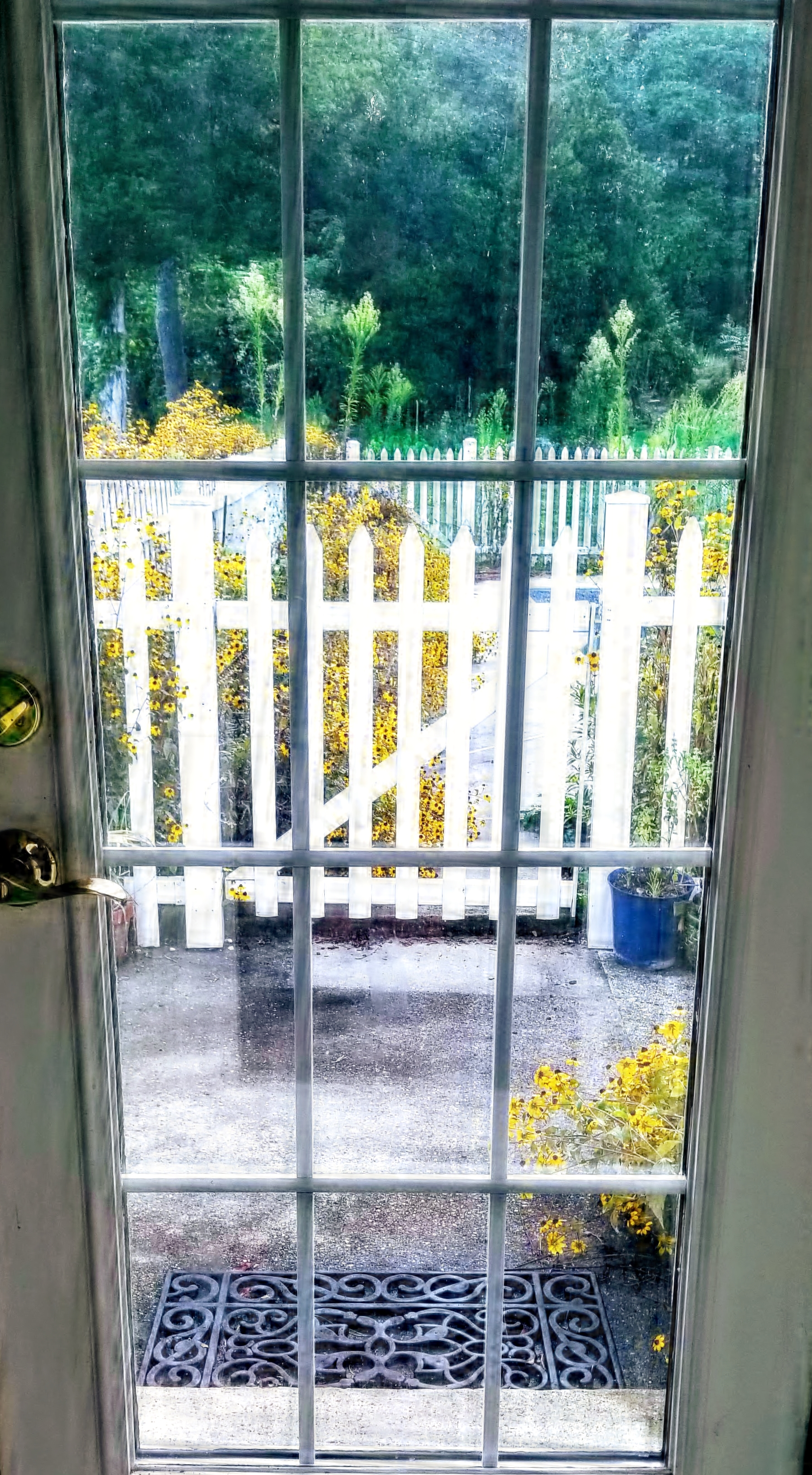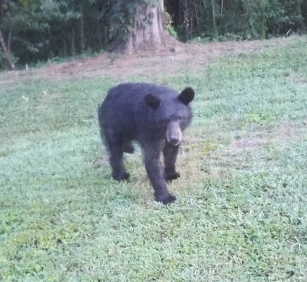“Platitudes ‘n Aphorisms. Can I help you?” – loud snap – “No, Mr. Kahn: this is April. Missus Johnson” – loud snap – “is on another line. Can I help you with someth’n?”
In her drab little office by the reception area, Director Cora Johnson was only half-listening while a much-too-frequent caller reeled off an abrasive string of complaints about the Love designs on stamps.
What’s wrong with love? I believe in love.
The Department of Platitudes and Aphorisms had been created to reduce voter discontent by easing their frustration with life’s little irritations. Cora liked parts of her job very much, but not all of it.
Beneath the unhappy woman’s tide of complaints, Cora could hear April’s gum snapping. “Excuse me, Ms. Patel: can I put you on hold for half a minute?” She scribbled Get rid of the gum!!! on a sticky note and slapped it on her intern’s desk. April shrugged, fished a nasty green wad of chewing gum from her mouth and went back to Mr. Khan’s call.
Cora placated Ms. Patel, then returned to April’s desk. “What did Mr. Kahn want?”
“I didn’t quite understand it.” Gum, this time electric pink, churned again in April’s mouth as she looked at her notes. “OK. So, there’s this opera at the Met, about some girl and some outlaw in the old west. Kahn said he didn’t care that the tickets cost a lot, but the ending’s just too tacky. He said something about a balloon . . . ?”
“Oh, Mr. Kahn loves opera and theatre. When he complains, he’s usually right. Yes – I heard that in the new production of Fanciulla del West, they actually have a hot air balloon rescue the lovers at the end of the opera. It does sound tacky. It’s a shame: that opera has such beautiful music, and they brought in an especially wonderful tenor to sing it.”
When the intern merely shrugged, Cora didn’t respond. She’s young. She hasn’t learned much yet. Be patient with her.
“OK – please send me an email about Mr. Kahn’s call with all the details, including his phone number. I’ll dress it up and forward the comment to Fred in the Kitsch Department. Fred handles complaints about overly elaborate stuff, and you’ll learn he’s our go-to guy for Deus ex Machina problems.”
When the girl didn’t even ask what that meant, Cora sighed. “April: no more chewing gum at work except on breaks: and clean up your desktop—it’s a mess. If you hope to succeed in City administration, you need to look more professional.”
April good-naturedly complied and handled a few more calls reasonably well. She left for school at noon.
Finally alone, Cora forwarded the phones and tackled the large to-do pile on her desk. She selected Fanciulla del West on her tablet, plugged in her earbuds, and started writing letters, soothed by Puccini’s rich melodies.
She was starting to feel pretty good about her day when the outer office door burst open. A fifty-ish woman sailed into the waiting room, waving a tiny slip of paper in one hand and towing a child of maybe six years with the other. “I gotta talk to someone right now!”
“Please, come in.” Cora removed her earbuds. “I’m Mrs. Johnson. How can I help you, Mrs. ______?”
The woman sat heavily by the desk, the boy standing beside her. She smoothed the piece of paper between work-hardened fingers and held it out. “I’m Evelyn Brown, and this is my Tommy. Take a look at this and tell me what I’m supposed to do about it.”
The paper was a cookie fortune, which Cora read out loud. “Hope is the most precious treasure to a person.” On the back under “Learn Chinese,” was: “qing – please.”
“What the hel-” the woman glanced at the boy, “I mean what the heck is that? My Tommy got it in his fortune cookie. He asked me what it means, and I don’t know what to say. Why do you people still let fortune cookies be so weird?”
“Well, I’d say the grammar’s a bit strange, but it just means that there’s nothing as valuable as hope.”
The woman’s face tightened as she scoffed, “How’m I s’posed to explain hope to a little kid? How would you explain it? Here, tell him.”
“Um, hi Tommy. Hope’s the feeling inside each of us that life can get better. Some very wise people say, ‘No matter how hard the world pushes against me, within me, there’s something stronger…’ and ‘Hope is the thing with feathers – That perches in the soul.’
Mrs. Brown snorted. “I ask you a good question, and you give me poetry – hunh. Poetry’s just old-fashioned stuff, like religion. Hope doesn’t matter anymore – not to me.” She stood. “C’mon Tommy. We just wasted a bus ride.”
She hauled the boy away by his arm, but at the doorway, he turned back toward Cora and smiled shyly. The woman jerked harder, and he said, “Ow, Gran’ma! Stop that!” Cora could hear her fuss her way down the stairs.
That poor kid. I bet he’ll be a frequent caller here someday.
The clock indicated it was five p.m., closing time. Well, that was appropriate: an imperfect ending to a rather imperfect workday. Cora locked the office doors, sat at her desk smiling just a bit, and lit a joint. Finally, she could feel the knots of the day’s complaints slipping from her back into the chair, and she started quietly singing along with the opera, “Ch’ella mi creda libero e lontano, Sopra una nuova via di redenzione.”
I wish I’d had a chance to talk with Mr. Kahn. He’s right about that balloon.
Sources:
In the midst of hate, I found there was, within me, an invincible love.
In the midst of tears, I found there was, within me, an invincible smile.
In the midst of chaos, I found there was, within me, an invincible calm.
I realized, through it all, that…
In the midst of winter, I found there was, within me, an invincible summer.
And that makes me happy. For it says that no matter how hard the world pushes against me, within me, there’s something stronger – something better, pushing right back. (from a letter by Albert Camus)
https://www.goodreads.com/quotes/1230206-my-dear-in-the-midst-of-hate-i-found-there
“Hope” is the thing with feathers - # 314 by Emily Dickinson
“Hope” is the thing with feathers -
That perches in the soul -
And sings the tune without the words -
And never stops - at all -
And sweetest - in the Gale - is heard -
And sore must be the storm -
That could abash the little Bird
That kept so many warm -
I’ve heard it in the chillest land -
And on the strangest Sea -
Yet - never - in Extremity,
It asked a crumb - of me.
https://www.poetryfoundation.org/poems/42889/hope-is-the-thing-with-feathers-314
Ch’ella mi creda libero e lontano, Sopra una nuova via di redenzione (Let her believe I’m free and far away, on a new road to redemption) is from Act 3 of La Fanciulla del West (1910) by Giacomo Puccini. https://en.wikipedia.org/wiki/Ch’ella_mi_creda






 area, maybe 25 feet from our house. Jump ahead about five years and in mid-August, my sharp-eyed daughter-in-law spotted the resulting tree and picked two dozen juicy, very tasty, tree-ripened, completely unexpected peaches. That tree reproduced through its fallen fruit and soon new peach trees appeared on the hillside. Fascinated by the idea of an all-volunteer orchard, we thinned them to four and let them grow in the rough with minimal care. About three years ago, we picked five bushels of pretty nice peaches (some wormy: most not). That was many more than I could handle. I did what I could, decided ruefully I’m not the country mama I’d like to think I am, sighed, and went back to my writing.
area, maybe 25 feet from our house. Jump ahead about five years and in mid-August, my sharp-eyed daughter-in-law spotted the resulting tree and picked two dozen juicy, very tasty, tree-ripened, completely unexpected peaches. That tree reproduced through its fallen fruit and soon new peach trees appeared on the hillside. Fascinated by the idea of an all-volunteer orchard, we thinned them to four and let them grow in the rough with minimal care. About three years ago, we picked five bushels of pretty nice peaches (some wormy: most not). That was many more than I could handle. I did what I could, decided ruefully I’m not the country mama I’d like to think I am, sighed, and went back to my writing.

 Our cockapoo Lexie is a small one, only 15 pounds. She’s my shadow and a great companion. She’s friendly, sweet, cuddly, mostly well-behaved and cute as a button. She looks frolicsome and joyous romping through summer grass trying to catch butterflies. But her cute puppy-ness hides a dark side. Though she’s the product of two over-refined miniaturized pet breeds, Lexie is an oddly fierce, dedicated hunter. When something catches her attention—be it dragonfly, frog, or skink, fortunately not snakes—she’s implacable in the chase. Like many pet dogs, when her Whitefang spirit’s in control she loses what little common sense she has and completely forgets her size. This delusional over-confidence is at its worst when I’m there with her.
Our cockapoo Lexie is a small one, only 15 pounds. She’s my shadow and a great companion. She’s friendly, sweet, cuddly, mostly well-behaved and cute as a button. She looks frolicsome and joyous romping through summer grass trying to catch butterflies. But her cute puppy-ness hides a dark side. Though she’s the product of two over-refined miniaturized pet breeds, Lexie is an oddly fierce, dedicated hunter. When something catches her attention—be it dragonfly, frog, or skink, fortunately not snakes—she’s implacable in the chase. Like many pet dogs, when her Whitefang spirit’s in control she loses what little common sense she has and completely forgets her size. This delusional over-confidence is at its worst when I’m there with her.

 barking. Immediately, the cubs climbed trees on the slope and mama bear left them, the peaches, and the woods behind her again and walked up our lawn in a determined way, toward Lexie’s barking. I pounded the windowsill and shouted at her, and she slowly turned and went away, her two cubs following. They’re gone for now, but I’m sure they’ll be back soon for more peaches.
barking. Immediately, the cubs climbed trees on the slope and mama bear left them, the peaches, and the woods behind her again and walked up our lawn in a determined way, toward Lexie’s barking. I pounded the windowsill and shouted at her, and she slowly turned and went away, her two cubs following. They’re gone for now, but I’m sure they’ll be back soon for more peaches. The basic structure of my book Promise, which will come out next year (2020) follows four families in America from the 1700s into the Twentieth Century. From their arrival in colonial Pennsylvania and Virginia these families expanded southward and then west, along with the nation’s growth.
The basic structure of my book Promise, which will come out next year (2020) follows four families in America from the 1700s into the Twentieth Century. From their arrival in colonial Pennsylvania and Virginia these families expanded southward and then west, along with the nation’s growth.